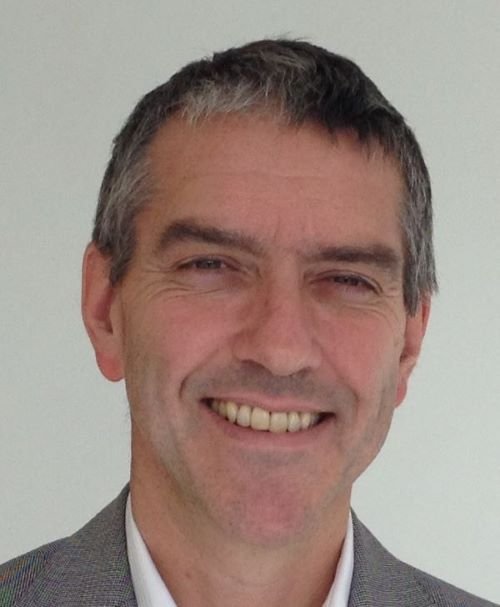Using data to understand more about blood cancer
Real world data can tell us a lot about how treatments are working for people with blood cancer and what gaps exist. This study will look at data on 700,000 people affected by blood cancer to do just this.
The challenge
Data can tell us an awful lot about a disease, but it is notoriously difficult to understand and get hold of. This is because data can be collected in different ways, and as it has to be anonymised. This means that any information that may allow someone to be identified must be removed due to data laws we have in the UK.
The project
Professor Andy Pettitt has gained access to a dataset that holds anonymised data on every person who has been diagnosed with blood cancer since 2014. That’s around 700,000 people. The dataset was being used to look at how Covid impacted people with blood cancer, but now permission has been given to use the data for wider blood cancer research. In this project, Andy and his team will use the data to answer several questions including:
- Does it matter which treatment you give to someone with chronic lymphocytic leukaemia (CLL) first? (A bruton tyrosine kinase inhibitor or venetoclax)
- How well do treatments work for people with non-Hodgkin lymphoma and what are the side effects?
There are a number of other research questions that also may be explored throughout this project, spanning multiple types of blood cancer.
The future
Before any treatment is given to someone with blood cancer, it goes through rigorous testing in clinical trial. But real-world data allows researchers to see how things are working in clinical practice. More people are given treatments in the real-world than in clinical trials so projects like this give us more information and understanding on how drugs are working, who they’re working for and where any gaps exist. This in turn can feed into future research.

